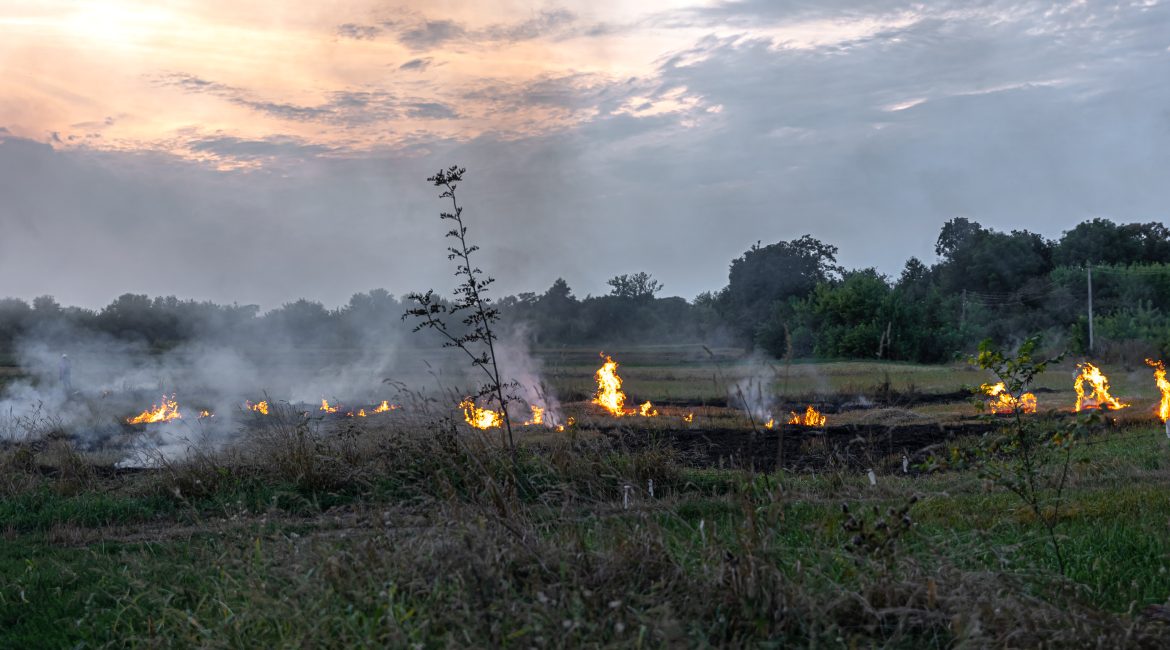The war between Lebanon and Israel has resurfaced, after the ceasefire declared on November 27, 2024, expired and extended until February 18. This ceasefire was marked by approximately 1,500 Israeli violations, and the Israeli Defence Minister announced that the occupied Lebanese areas would be transformed into a security buffer zone.
The rate of purges within Hezbollah's military apparatus has accelerated, including a number of senior field officials. Among them was Hassan Badir, Hezbollah's deputy head of the Palestinian file, who was photographed inside a plane with the late Quds Force commander Qassem Soleimani. Hassan Abbas Ezzedine, identified by the Israeli military as the head of the air defence system in Hezbollah's Badr Unit, has also emerged.
In the context of this escalation, Hezbollah has resumed its hard-line rhetoric regarding the fate of its weapons, declaring that "there is no such thing as disarmament." This comes just months after signs of openness on the matter, dictated by the party's exhaustion from a long war with Israel that cost it the heads of its two secretaries-general, Hassan Nasrallah and his successor, Hashem Safieddine. Perhaps what explains this radical shift is that Hezbollah finds itself besieged on all levels, particularly those that were not in its calculations when it agreed to the ceasefire.
The party's challenges were exacerbated by the dramatic fall of Bashar al-Assad's regime on December 8, 2024, about two weeks after the ceasefire was declared. This was combined with the historic rapprochement between the new Lebanon and Syria. The border control agreement signed in Jeddah in March 2025 between Beirut and Damascus, followed by the Lebanese Prime Minister's visit to Damascus and his meeting with the interim Syrian President, Ahmad al-Sharaa, to discuss ways to implement it, tightened the lasso around Hezbollah's logistical networks, which it had relied on for decades as a source of strategic depth. This coincided with the party's progress in handing over its positions south of the Litani River to the Lebanese Army.
Regionally, Hezbollah finds itself in a difficult position, given the Israel's announcement that it will consolidate its occupation of Lebanese territory, according to a plan to transform it into a buffer zone. This coincides with the collapse of the truce in Gaza, and the disclosure of an Israeli strategy to annex parts of the Strip and reduce its area. Hezbollah has not dared to reclaim the rhetoric of support that would plunged it again into the war and inflicted irreparable costs on it.
It's no wonder that the anxious Hezbollah is pushing toward militancy as a means of asserting its independence and resisting its potential as a bargaining chip in negotiations. This is either in coordination with Tehran, which is eager to send duplicitous messages, or because Hezbollah's confidence in its regional patron's continued support is shaking, having been left to wage war alone and suffer destruction without any real support.
Amid all this, it is useful for Hezbollah to unequivocally declare that it refuses to discuss the issue of "disarmament," placing it outside any negotiation or settlement. This explicit position, despite its gravity, reveals the gray area in which Lebanese state institutions and a multitude of political forces have long operated, where ambiguity has served as a cover for coexistence with the status quo.
What has changed today is that Hezbollah itself has ended the period of postponement, clearly stating that "disarmament is non-negotiable." With this statement, all previous justifications were negated, after it was proven that Israel, despite keeping weapons, continued to attack, occupy, and violate. Therefore, it is clear that weapons have become a mere shield in the hands of a militia protecting its political and security presence, even without any claim to a national program or a clear vision of its role or objectives.
In conclusion, the clarity of the nature of the confrontation requires the Lebanese state to assume its responsibilities, without the usual cleverness, falsification of language, or calling things by other than their proper names.
The only way to prevent a renewed war, which is on the brink to escalate, is to agree on a roadmap for disarming Hezbollah without any ambiguity, and to declare Lebanon's full integration into the political settlement process in the region.

